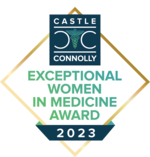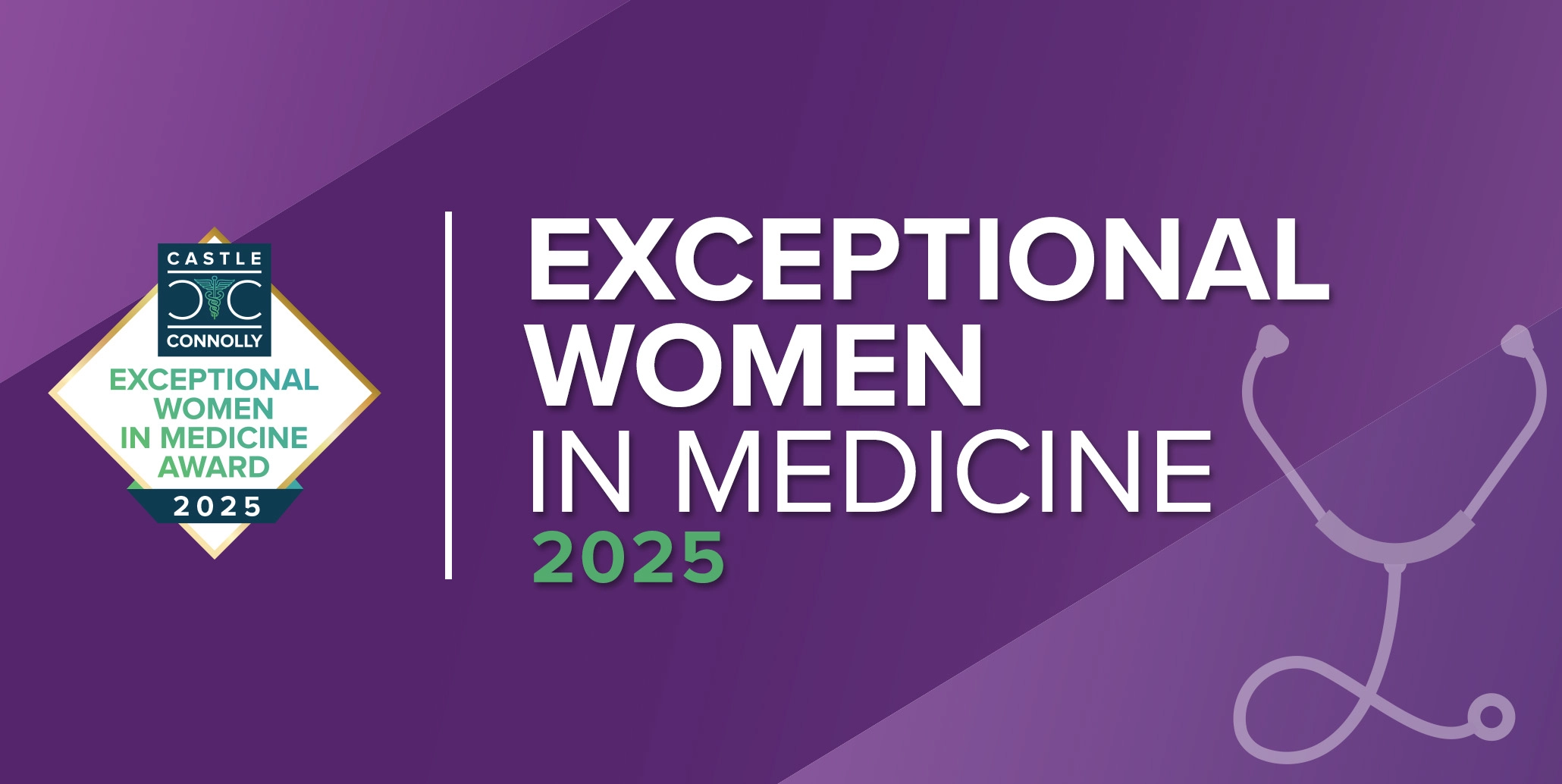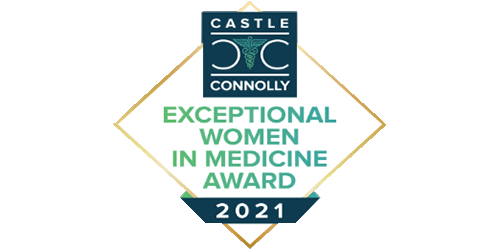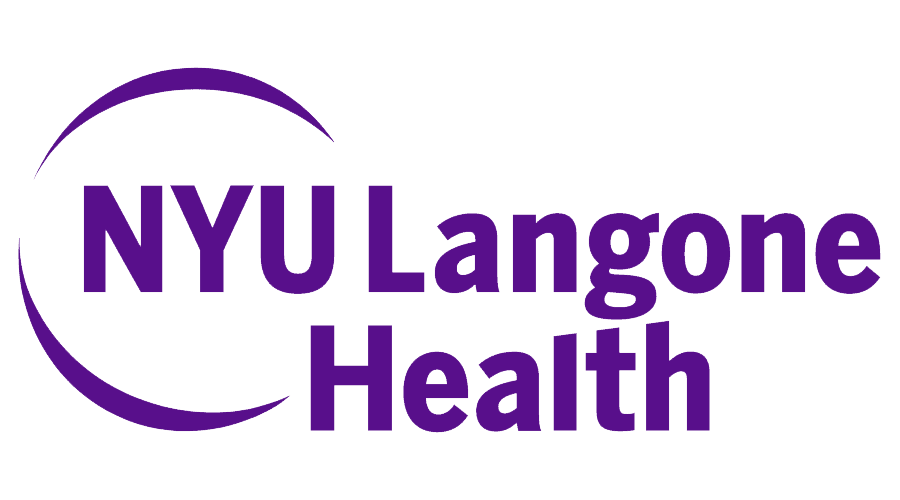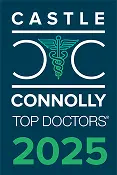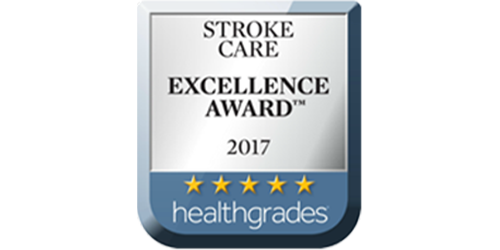-
 Dr. Dorothea AltschulDecember 12, 2024
Dr. Dorothea AltschulDecember 12, 2024anemptytextlline
Hearing a rhythmic whooshing or heartbeat sound in your ear can be unsettling, especially when... -
 Dr. Dorothea AltschulMarch 28, 2024
Dr. Dorothea AltschulMarch 28, 2024anemptytextlline
Pulsatile tinnitus (PT) is an abnormal perception of rhythmic sound without an external sound. About... -
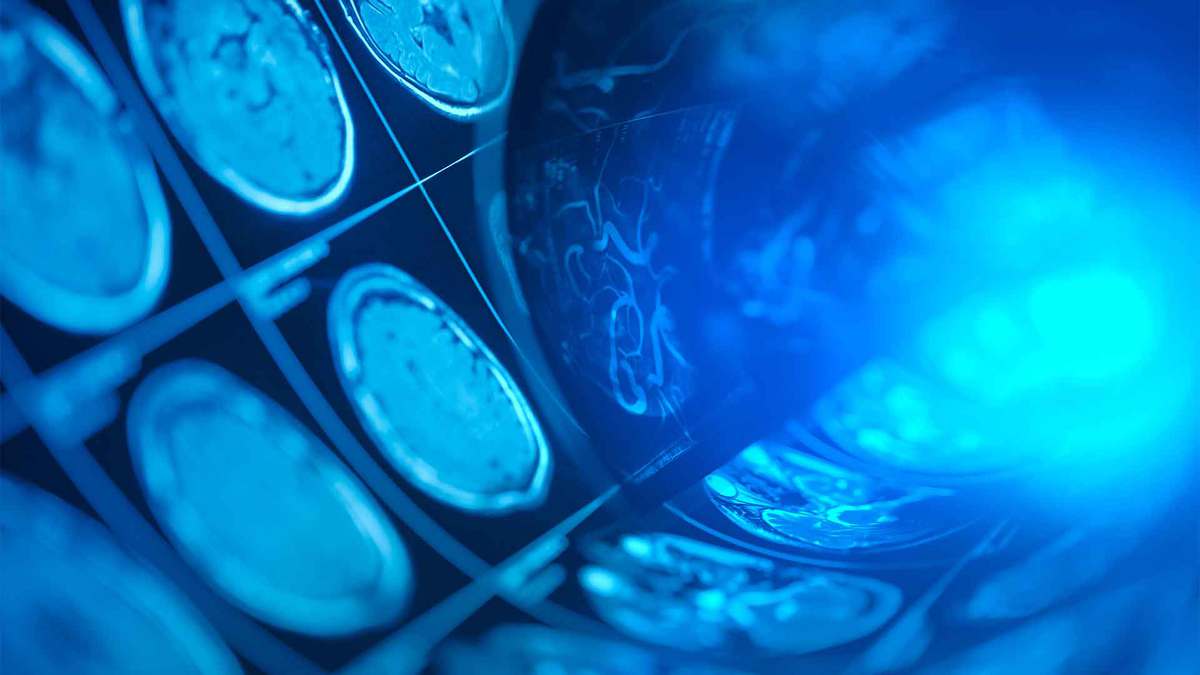 Dr. Dorothea AltschulFebruary 29, 2024
Dr. Dorothea AltschulFebruary 29, 2024anemptytextlline
Chronic subdural hematoma occurs when blood builds up between the brain and its protective outer... -
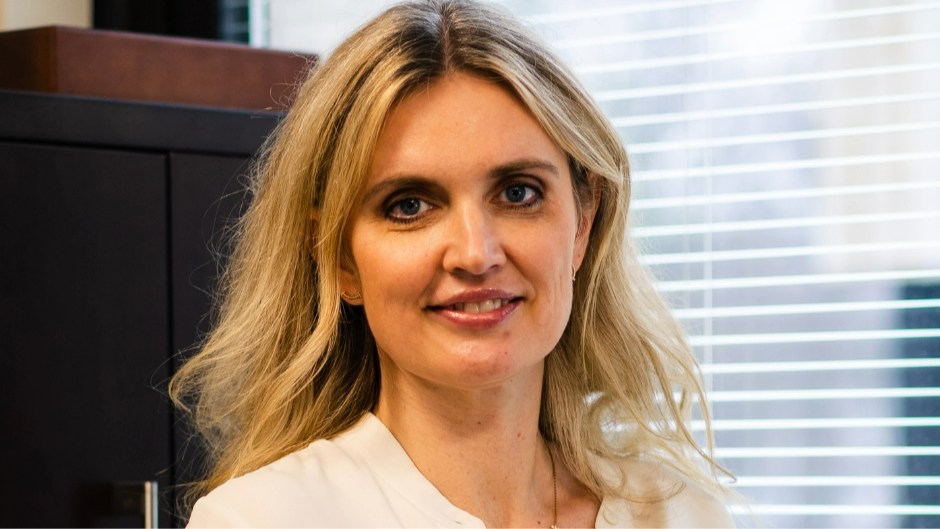 Dr. Dorothea AltschulJune 28, 2023
Dr. Dorothea AltschulJune 28, 2023anemptytextlline
Lumbar puncture, also known as a spinal tap, can be used as a diagnostic tool... -
 Dr. Dorothea AltschulJune 28, 2023
Dr. Dorothea AltschulJune 28, 2023anemptytextlline
CSF (cerebrospinal fluid) is a clear, protective fluid that surrounds the brain and spinal cord.... -
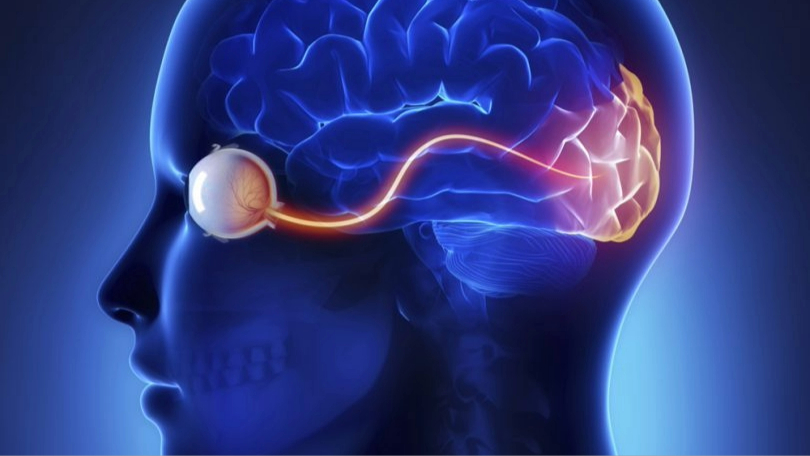 Dr. Dorothea AltschulMay 8, 2023
Dr. Dorothea AltschulMay 8, 2023anemptytextlline
There are three hallmark symptoms associated with this disease, with headaches being the most common.... -
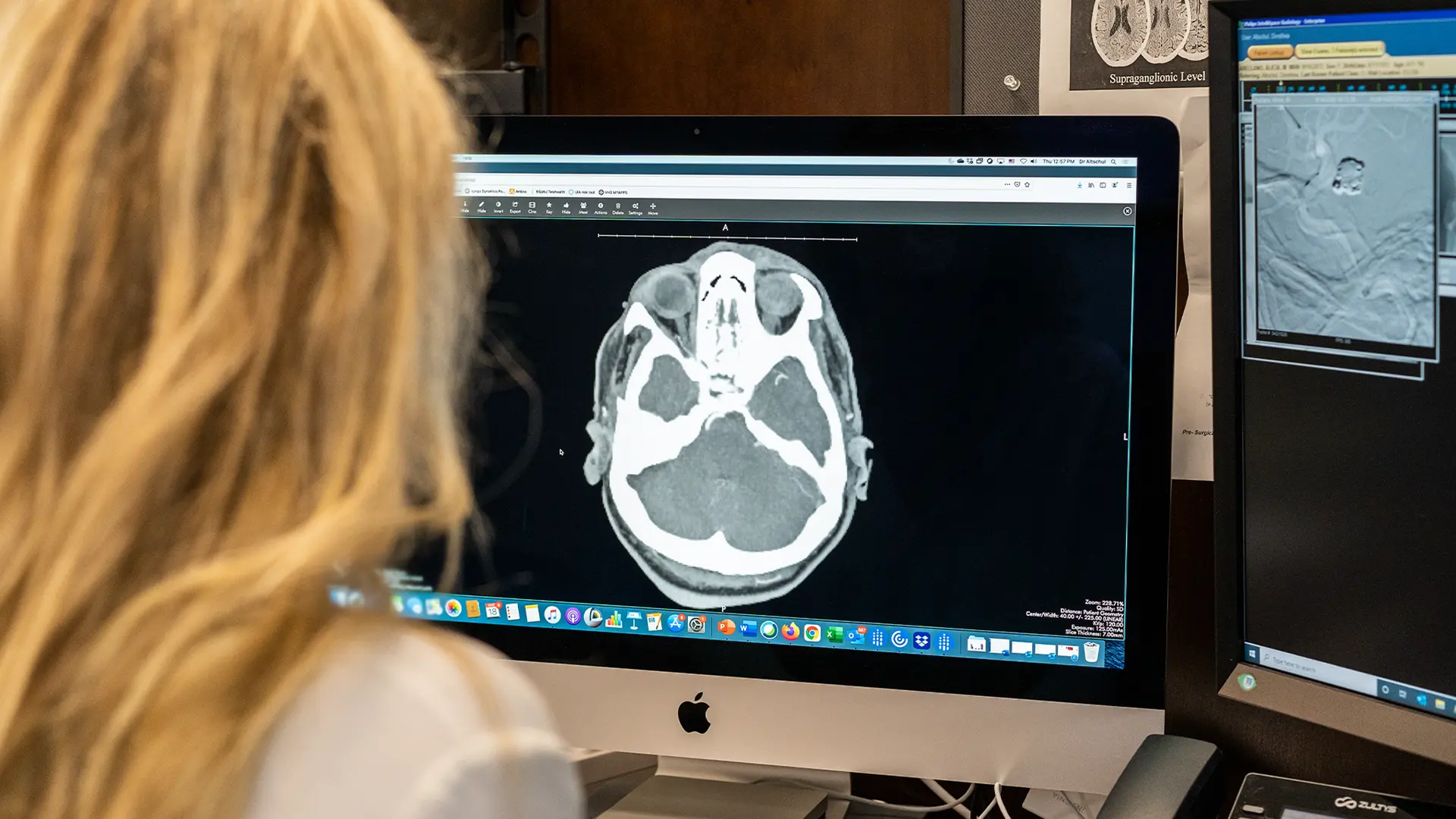 Dr. Dorothea AltschulMarch 27, 2023
Dr. Dorothea AltschulMarch 27, 2023anemptytextlline
Today, the term pseudotumor is outdated but some healthcare providers may still refer to this... -
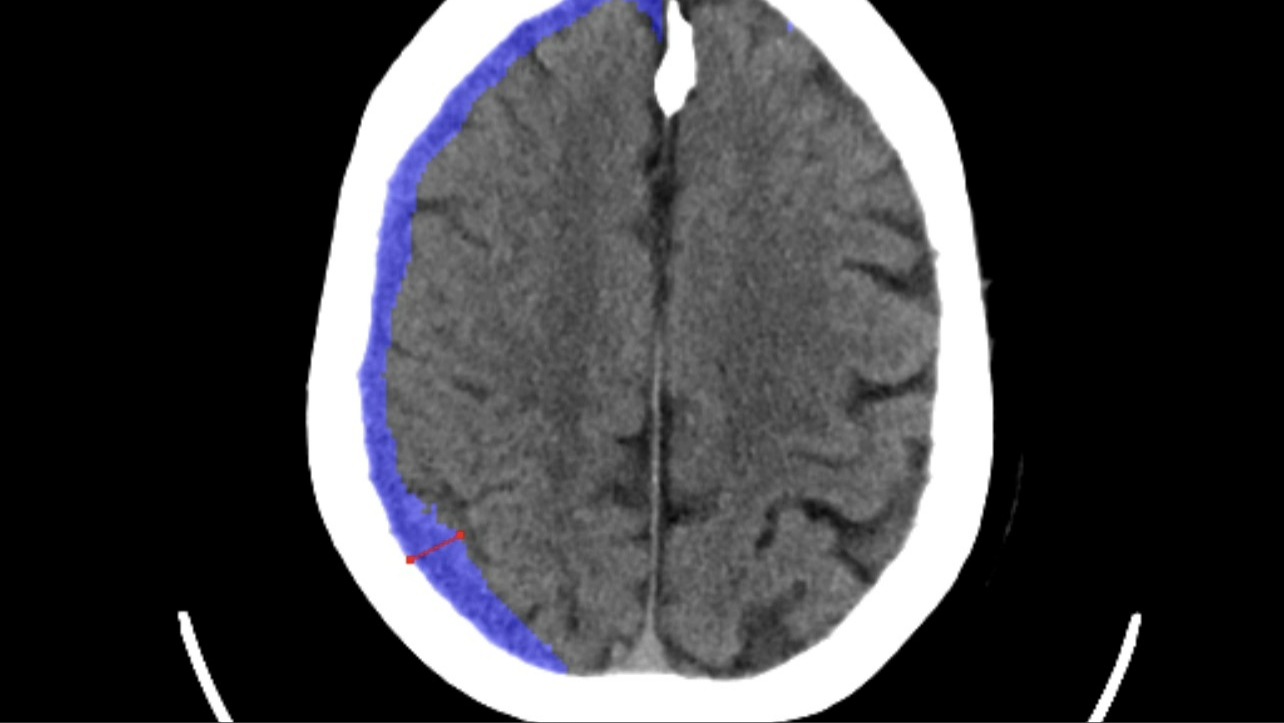 Dr. Dorothea AltschulMarch 22, 2023
Dr. Dorothea AltschulMarch 22, 2023anemptytextlline
The brain is located in a closed space surrounded by the skull. Underneath the skull... -
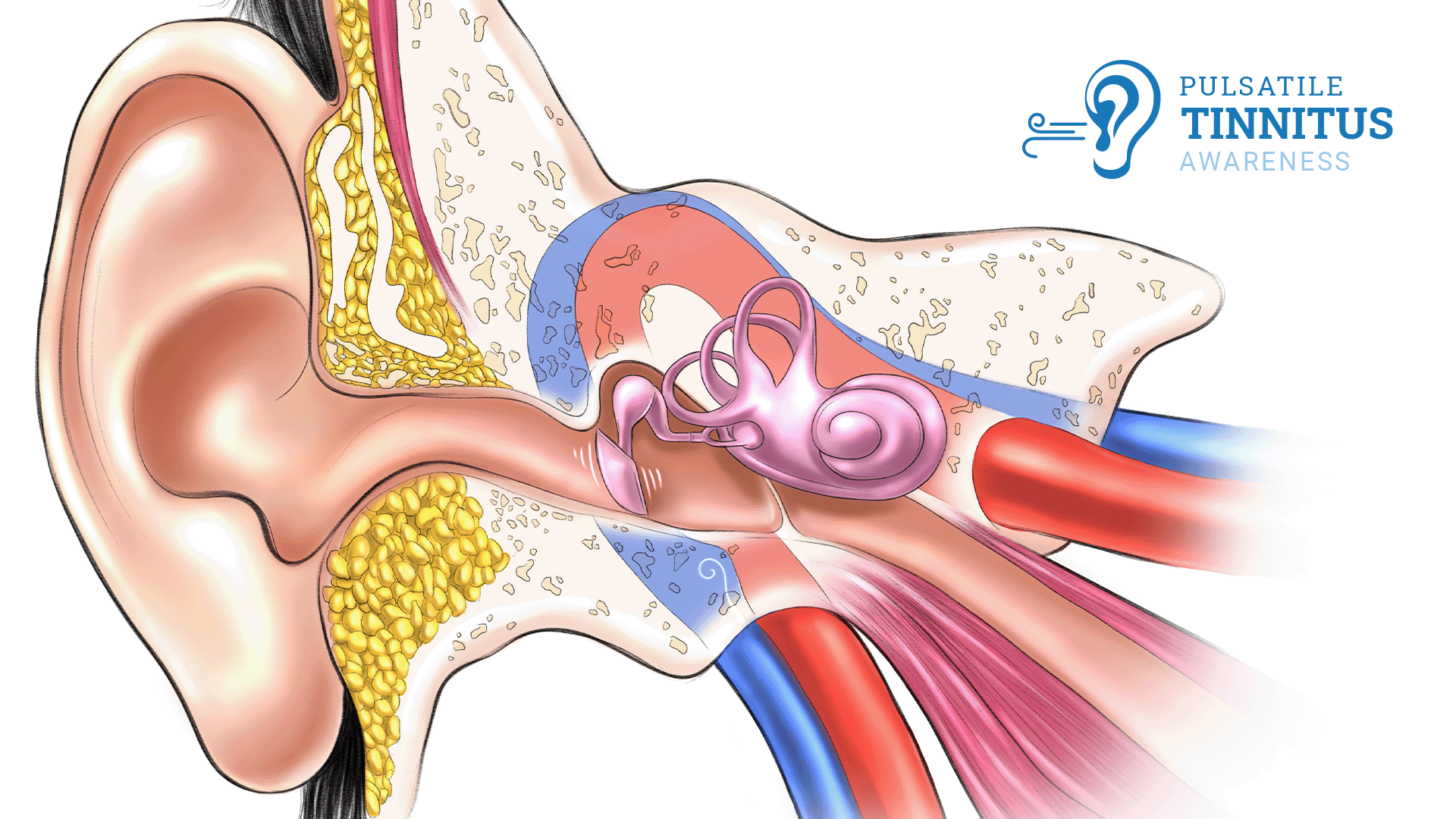 Dr. Dorothea AltschulJune 15, 2022
Dr. Dorothea AltschulJune 15, 2022anemptytextlline
A pulsatile tinnitus is usually referred to as a whooshing sound that is rhythmic in... -
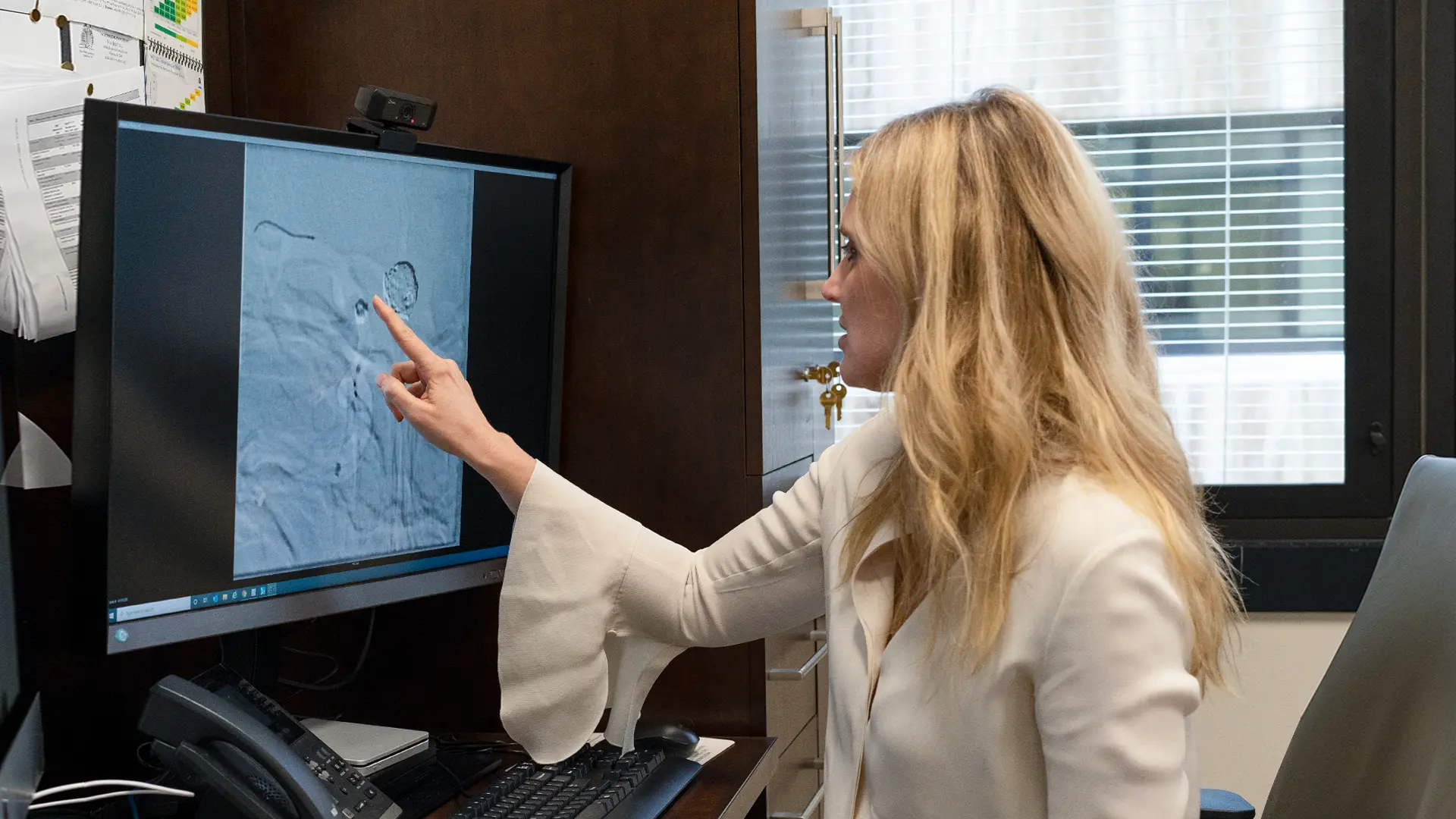 Dr. Dorothea AltschulSeptember 28, 2021
Dr. Dorothea AltschulSeptember 28, 2021anemptytextlline
Are You Hearing Heartbeat In Your Ear?Pulsatile Tinnitus 'Whooshing' Treatment OptionsPulsatile Tinnitus SymptomsPulsatile Tinnitus CausesContact... -
 Dr. Dorothea AltschulJune 21, 2021
Dr. Dorothea AltschulJune 21, 2021anemptytextlline
What is a brain angiogram? An angiogram is a procedure that allows a neurosurgeon to visualize... -
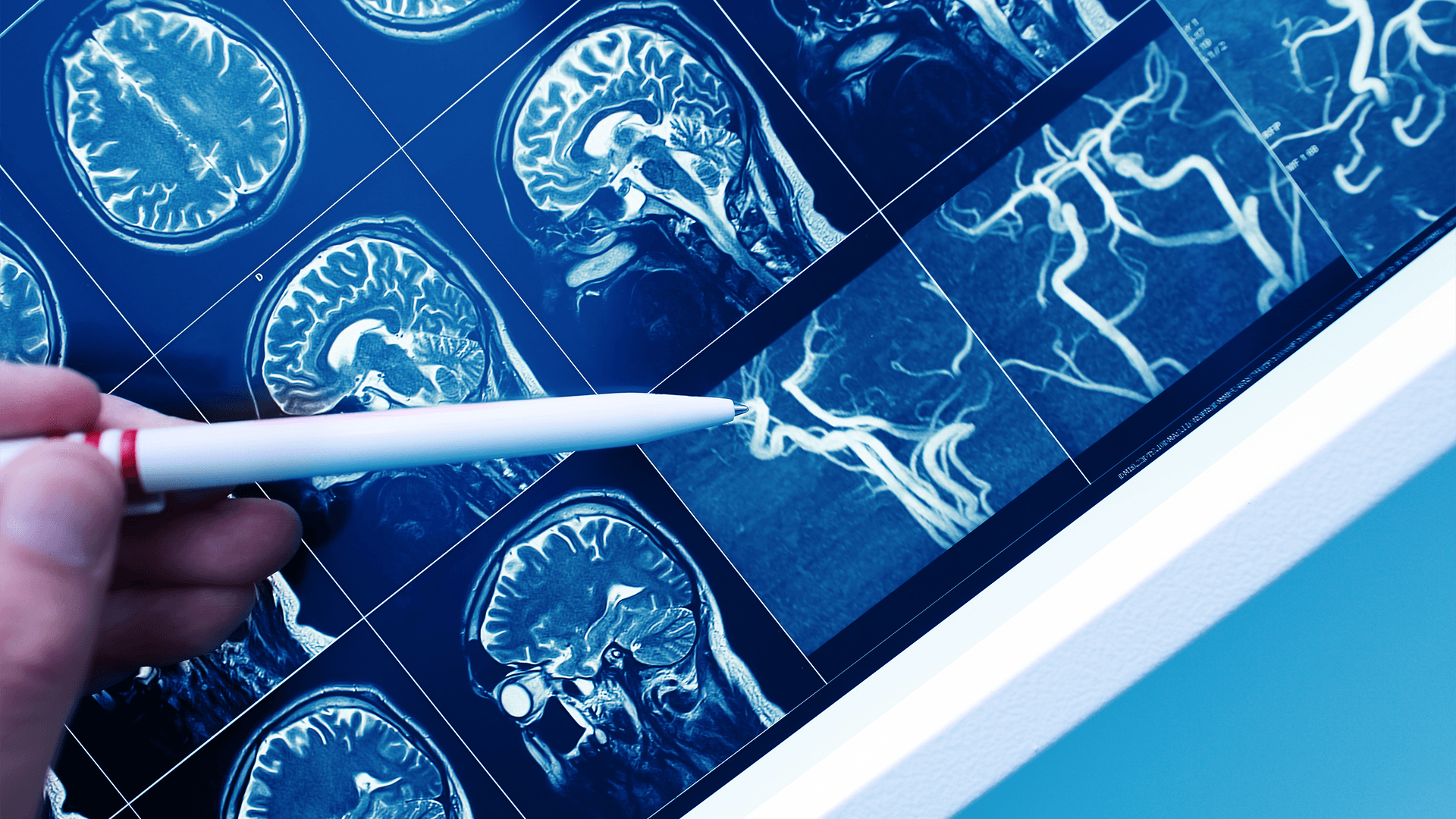 Dr. Dorothea AltschulApril 28, 2021
Dr. Dorothea AltschulApril 28, 2021anemptytextlline
Of every 100 people who have an arteriovenous malformation, or AVM, of the brain, about four... -
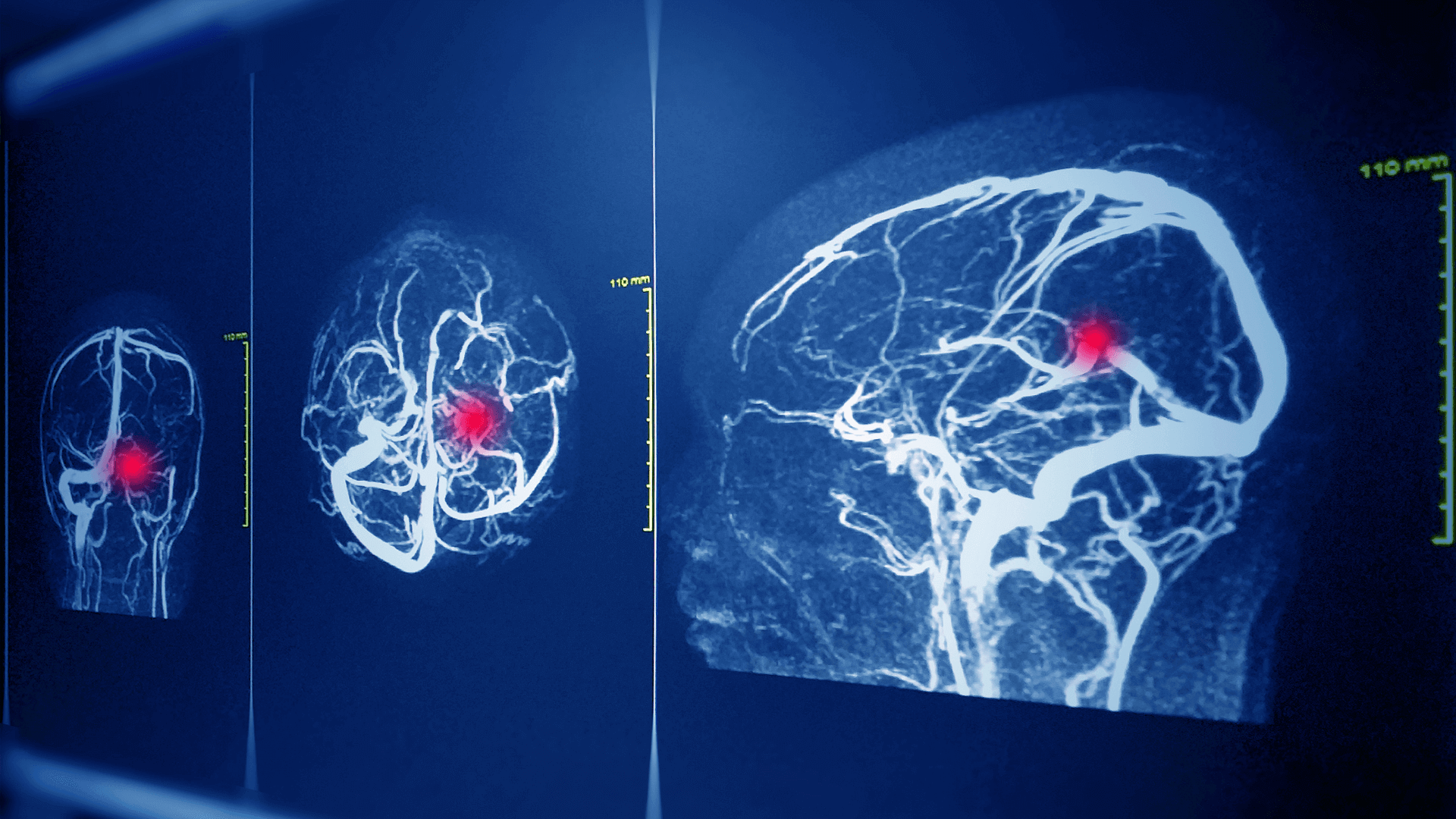 Dr. Dorothea AltschulApril 9, 2021
Dr. Dorothea AltschulApril 9, 2021anemptytextlline
Brain Aneurysm Surgery A brain aneurysm is when a blood vessel of the brain forms a... -
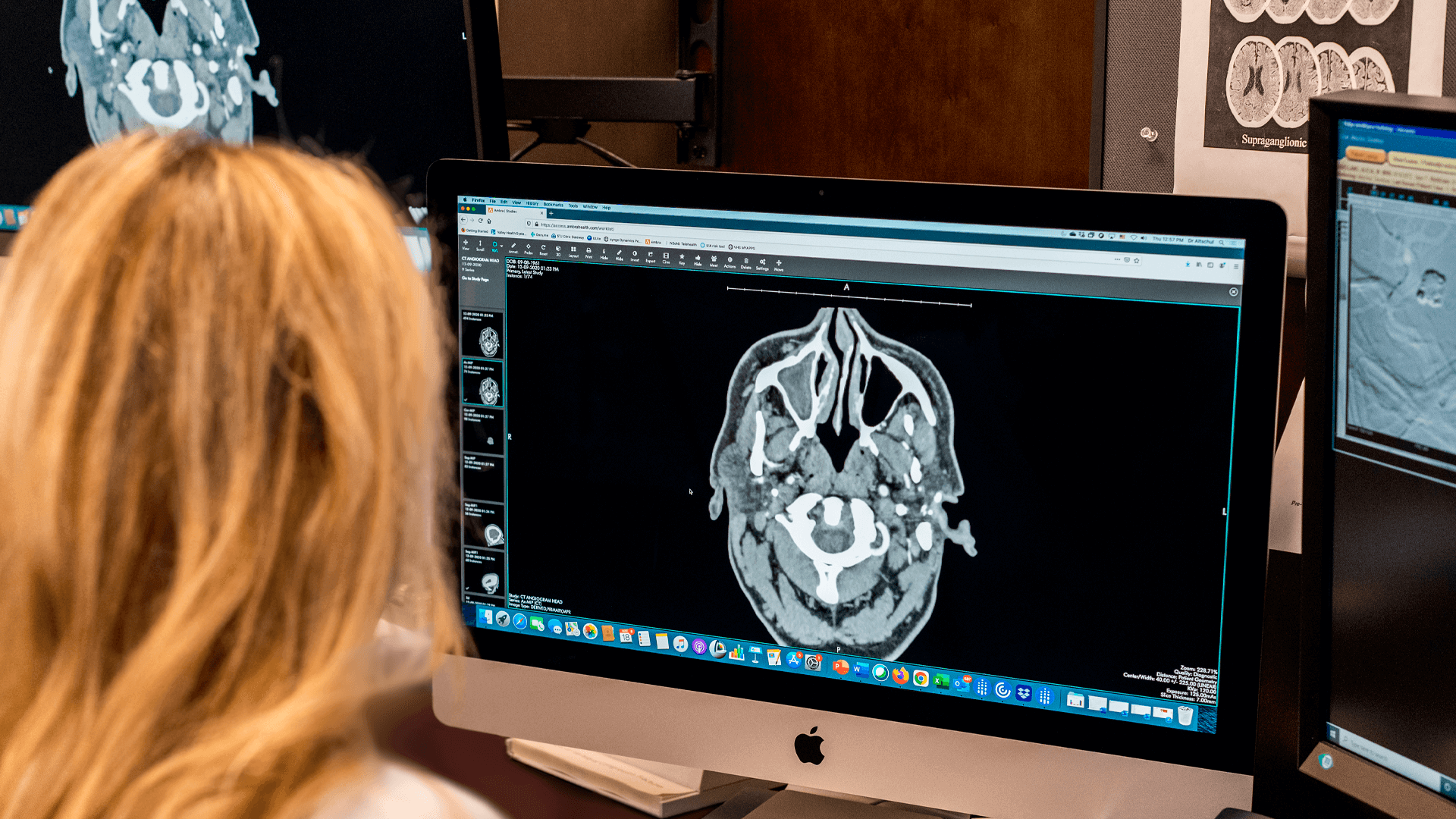 Dr. Dorothea AltschulApril 7, 2021
Dr. Dorothea AltschulApril 7, 2021anemptytextlline
The brain is located in a closed space surrounded by the skull. Underneath the skull... -
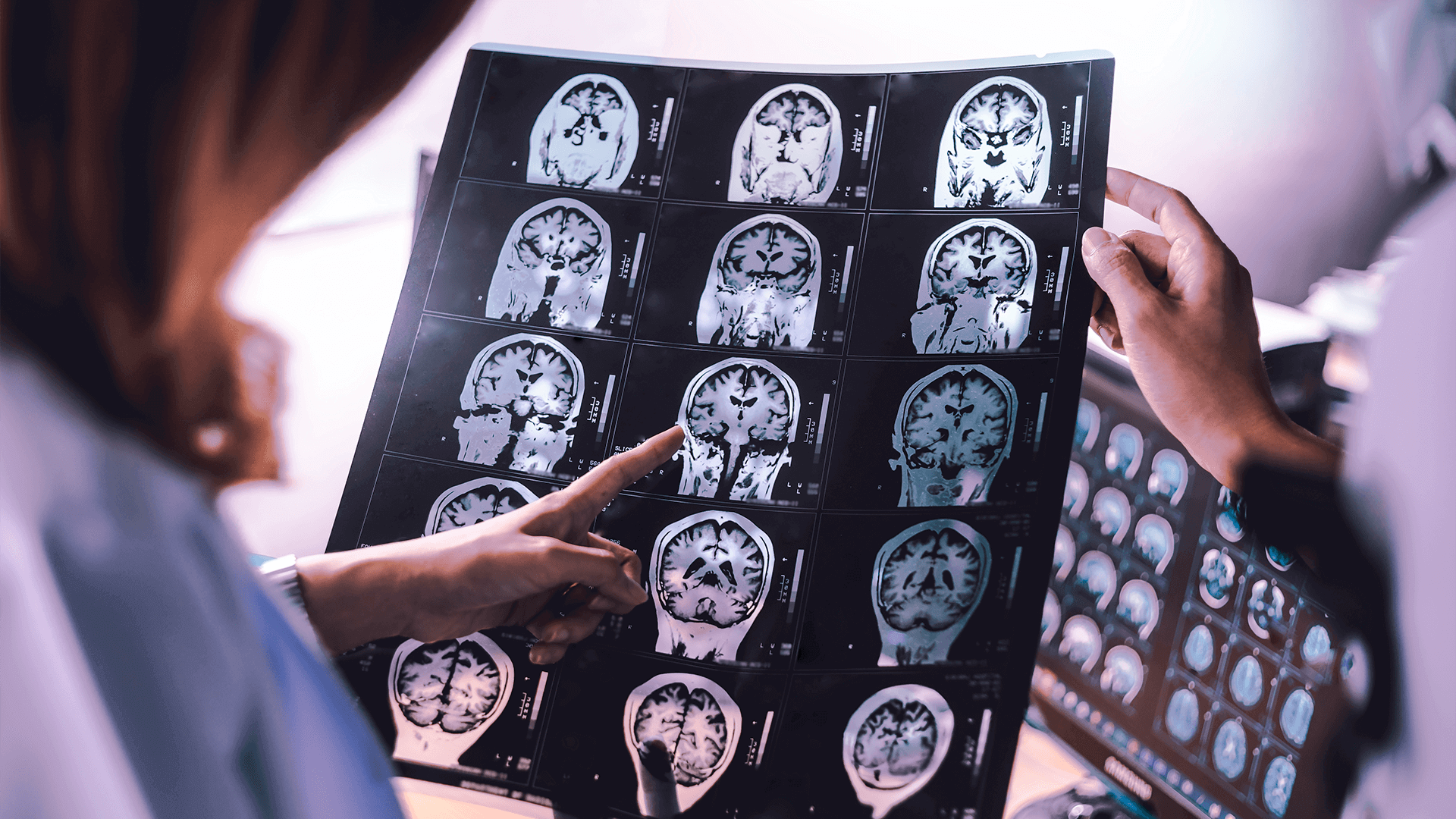 Dr. Dorothea AltschulMarch 15, 2021
Dr. Dorothea AltschulMarch 15, 2021anemptytextlline
About aneurysm coiling. Brain aneurysms are blood filled bubbles that arise from an artery in the... -
 Dr. Dorothea AltschulJuly 11, 2019
Dr. Dorothea AltschulJuly 11, 2019anemptytextlline
If you or someone you know has been diagnosed with a brain aneurysm, your surgeon... -
 Dr. Dorothea AltschulJuly 6, 2019
Dr. Dorothea AltschulJuly 6, 2019anemptytextlline
Over time, your carotid artery (located at the front of your neck) can accumulate plaque... -
 Dr. Dorothea AltschulJanuary 4, 2018
Dr. Dorothea AltschulJanuary 4, 2018anemptytextlline
Unruptured Brain Aneurysm Treatment Options Explained What is a cerebral aneurysm? A cerebral, or brain, aneurysm happens... -
 Dr. Dorothea AltschulDecember 5, 2017
Dr. Dorothea AltschulDecember 5, 2017anemptytextlline
People of all ages experience nosebleeds, or epistaxis, especially young children and older adults. In... -
 Dr. Dorothea AltschulNovember 26, 2017
Dr. Dorothea AltschulNovember 26, 2017anemptytextlline
A cerebral angiogram is a minimally invasive diagnostic procedure for clearly visualizing the brain’s vascular... -
 Dr. Dorothea AltschulNovember 26, 2017
Dr. Dorothea AltschulNovember 26, 2017anemptytextlline
Cerebral angiogram risks and benefits explained What Is A Cerebral Angiogram? A cerebral angiogram, or also called... -
 Dr. Dorothea AltschulNovember 7, 2017
Dr. Dorothea AltschulNovember 7, 2017anemptytextlline
Arteriovenous fistulas (AVFs) can occur in many parts of the body and, depending on their... -
 Dr. Dorothea AltschulNovember 7, 2017
Dr. Dorothea AltschulNovember 7, 2017anemptytextlline
Cavernous malformations, also called cavernomas or cavernous hemangiomas, are clusters of abnormal blood vessels that... -
 Dr. Dorothea AltschulSeptember 5, 2017
Dr. Dorothea AltschulSeptember 5, 2017anemptytextlline
Whether you have a diagnostic (catheter) angiogram already scheduled or are still in the treatment... -
 Dr. Dorothea AltschulAugust 10, 2017
Dr. Dorothea AltschulAugust 10, 2017anemptytextlline
Brain Aneurysms in Numbers Unruptured brain aneurysms are not uncommon in the general population, affecting approximately... -
 Dr. Dorothea AltschulAugust 3, 2017
Dr. Dorothea AltschulAugust 3, 2017anemptytextlline
Before Your Procedure The Benefit of Having Two Procedures What to Expect in the Days Prior to... -
 Dr. Dorothea AltschulJune 6, 2017
Dr. Dorothea AltschulJune 6, 2017anemptytextlline
Aneurysm coiling is an endovascular procedure for treating both ruptured and unruptured cerebral aneurysms. This... -
 Dr. Dorothea AltschulMay 2, 2017
Dr. Dorothea AltschulMay 2, 2017anemptytextlline
Aneurysm coiling, also known as endovascular coiling, is a less invasive procedure for treating aneurysms... -
 Dr. Dorothea AltschulNovember 11, 2016
Dr. Dorothea AltschulNovember 11, 2016anemptytextlline
You or someone you know may have recently suffered from a transient ischemic attack. However,... -
 Dr. Dorothea AltschulSeptember 6, 2016
Dr. Dorothea AltschulSeptember 6, 2016anemptytextlline
If you have been diagnosed with a brain aneurysm, your doctor may suggest that you...
About Dr. Dorothea Altschul
Dr. Altschul is a neurointerventionalist with focus on acute neurological disease.
Meet Dr. Altschul
Dr Altschul’s clinical and research interests include minimally-invasive imaging-guided therapies for the treatment of vascular disorders of the brain and spinal cord, such as various types of cerebral (brain) aneurysms, arteriovenous malformations or fistulas, dural arteriovenous fistulas, cerebral or carotid atherosclerosis, cerebral hemorrhage including subdural hemorrhage, carotid stenosis, cerebrovascular disease including pulsatile tinnitus and venous stenoses, intracranial atherosclerosis, pediatric aneurysms, and vascular malformations.
Training & Education
She trained in Neuroendovascular Surgery in a two year clinical fellowship at the Columbia Campus of the NY Presbyterian Hospital (Vagelos College of Physicians & Surgeons) in New York. Prior to that, she completed a clinical and research fellowship in Vascular Neurology with focus on stroke and critical care neurology at the Massachusetts General Hospital and Brigham & Women’s Hospital (Harvard Medical School) in Boston. She finished her neurology training at Montefiore Hospital, Albert Einstein College of Medicine in New York, and a two-year post-doctoral fellowship in Neuroepidemiology at the National Institute on Aging (NIH) in Bethesda, Maryland.
Dr. Altschul is board-certified in neurology and vascular neurology, as well as CAST certified in Neuroendovascular Surgery.
Currently, she serves as the Director of Neurointerventional Neurosurgery at Neurosurgeons of NJ and at The Valley Hospital. Dr Altschul is a senior member of various professional societies, including the Society of Neurointerventional Surgery, the Society of Vascular and Interventional Neurology, and the American Academy of Neurology. She is also a member of the editorial board of the Journal of Neurointerventional Surgery, the most premier scientific journal in her field.
In addition, she is a Fellow of the American Heart Association, a distinction given to doctors recognized for their scientific and professional accomplishments, volunteer leadership and service in the field of neurointervention and stroke.
Activities
Dr. Altschul performs endovascular procedures such as cerebral and spinal angiography (angiograms), vascular embolizations, coiling procedures, intracranial angioplasty/stenting, carotid angioplasty/stenting, tumor embolizations, and acute stroke procedures (intraarterial thrombolysis, mechanical thrombectomy).
She is a principal investigator of multiple clinical research projects, in particular a quality and outcomes initiative, “The Neurointerventional Outcomes Project”, where she studies patient-reported-outcomes and other markers after cerebrovascular procedures and surgeries. This project is designed to drive improvements in patient care.
Dr Altschul is currently active as the Director of Neurointerventional Neurosurgery at The Valley Hospital in Ridgewood in New Jersey. She has authored over 30 peer-reviewed journal articles and book chapters. In 2020, she has been named assistant editor of the Journal of Neurointerventional Surgery, a leading professional journal in the field of Neurointervention.
Conditions Treated
- various types of cerebral (brain) aneurysms
- arteriovenous malformations or fistulas
- dural arteriovenous fistulas
- cerebral or carotid atherosclerosis
- cerebral hemorrhage
- subdural hemorrhage
- carotid stenosis
- cerebrovascular disease
- pulsatile tinnitus
- venous stenosis
- intracranial atherosclerosis
- pediatric aneurysms
- vascular malformations
- ideopathic intracranial hypertension IIH/pseudotumor cerebri
Hospital Privileges
In addition to working out of our Ridgewood office, Dr. Altschul has the ability to treat and admit patients at the following area hospitals.
- The Valley Hospital
- St. Joseph’s Health
- St. Barnabas Medical Center
Publications & Press Releases
See the research Dr. Dorothea Altschul has had published & Press Releases that have been published
Insurances
- Aetna Medicare
- Aetna Meritain & Assure
- Aetna Signature (1199 & GEHA)
- Aetna Whole Health
- Americhoice/UHC Community Plan
- Clover Medicare – Case by Case exception
- Empire Blue Cross Blue Shield (Blue Card/Suitcase/PPO)
- Horizon Blue Cross Blue Shield of NJ (commercial)
- Horizon Braven Health (PPO, HMO-POS)
- Braven Medicare Choice PPO
- Braven Medicare Freedom PPO
- Braven Medicare Group HMO-POS
- Braven Medicare Access group HMO-POS
- Medicare (Part A and Part B)
- No Fault (New Jersey Motor Vehicle Accidents Only)
- Omnia (tier 1)
- Oxford Garden State Health Plan
- Oxford Health Plan
- UHC under Empire/NYSHIP plan
- United HealthCare (commercial, including All Savers) UMR
- Wellcare Medicaid
- Worker’s Comp- NJ Only
Honors, Awards & Recognition
See what Dr. Altschul has accomplished over the years.
Valley Hospital Affiliate
- Stroke Care Excellence Award Recipient (2017, 2018, 2019)
Vitals Awards
- Vital’s Patient’s Choice Award (2012, 2013, 2014)
- Vital’s Most Compassionate Doctor (2012, 2013)
Regional Awards
- Top 10 Doctor Award (2013)
- Bergen’s Top Doctors (2016)
- Castle Connolly Top Doctor (2025, 2024, 2023, 2022, 2021, 2020, 2019)
- Jersey’s Best Magazine Top Doctors (2022, 2021, 2020, 2019)
- Top Doctors New York Metro Area (digital guide) (2022, 2021, 2020)
- New York Magazine: Top Doctors (2023, 2022, 2021)
- Castle Connolly Exceptional Women in Medicine Award (2020)
- Castle Connolly Exceptional Women in Medicine Award (2021)
- Castle Connolly Exceptional Women in Medicine Award (2022)
- Castle Connolly Exceptional Women in Medicine Award (2023)
- Castle Connolly Exceptional Women in Medicine Award (2024)
- Castle Connolly Exceptional Women in Medicine Award (2025)
Ask the Doctor
Read Dr. Altschul’s Blog Posts
Call Dr. Altschul today at 201-327-8600.
Request a consultation with Dr. Altschul.

